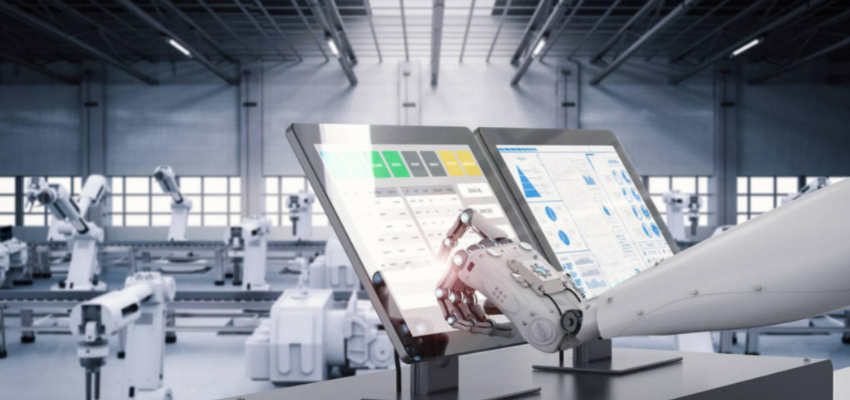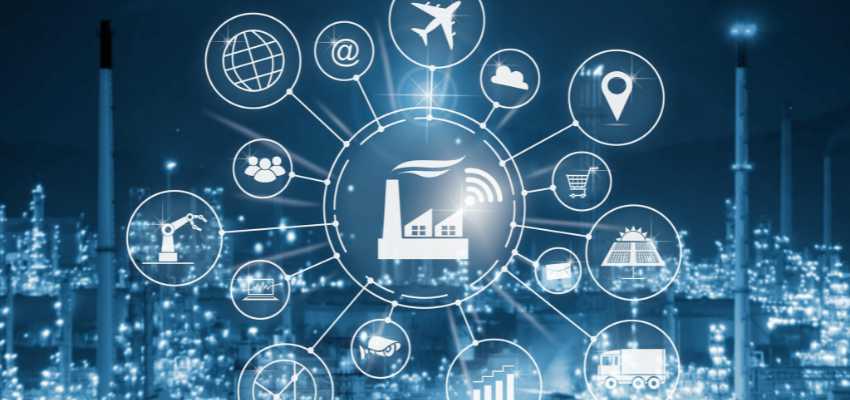Show:
How to Create a Blockchain Application
Unfortunately, the experience of blockchain development on an industrial scale is negligible. It objectively does not allow assessing the effect. At this stage, the technology, as well as its organizational and legal support, is not yet ready for customers. So they can’t start implementation on a full scale. So far, these are still pilots or prototypes that are not focused on making a profit. Although the market is ready to accept the blockchain. But this, again, in the abstract.
Payment services, identification services, voting systems and so on are already being created with the help of blockchain. The technology is used for supply chain management, tokenization of physical assets. And there are many others.

Like many other digital innovations, blockchain projects face challenges due to the inconsistency of current legislation with the rapidly evolving digital world. Projects in which legal difficulties do not play a leading role develop faster. An example of this is the success of supply chain management projects. The technology is used to exclude counterfeiting in the food industry. It’s in the production and transportation of diamonds. In addition, blockchain is used for voting by shareholders. As the current legal regulation allows electronic voting.
According to experts from Webisoft, when it comes to alternative technologies, the choice of blockchain is determined by at least two major factors. Firstly, it is the reliability and transparency of the process. Investors are sure that there will be no falsifications during their voting. Secondly, it is the speed of creating and starting processes.
Foreign companies use blockchain quite widely. In the insurance industry for storing data about the insured person, in the field of intellectual property protection. And so on.
Of course, in the IT market, alternative technologies exist and are widely used. They are simpler and more understandable for business. But soon the balance of power may change. Blockchain is unique in terms of the degree of trust in information. It allows you to track changes occurring at each stage of the project implementation. Whether it is a transaction between several companies or the movement of goods to the store shelf. The information recorded in the blocks does not need third-party verification. This makes it possible to reduce the number of checks and speed up the work.
Due to its flexibility, in each individual situation, blockchain supply chain performs tasks specifically set by programmers. Bypassing modern database systems. This allows you to save significant financial resources. It increases the reliability and fault tolerance of databases.
Legislation comes first
The development of technology is hindered by the fact that small and medium-sized businesses now cannot afford to introduce “raw and expensive” technologies that are not obvious. Both from the standpoint of monetization and from the standpoint of value for their business. This segment will wait more for box-based solutions. For example, systems for automating business processes. They are now expensive and sometimes ineffective for them. In the meantime, we can say that the technology will continue to move and develop the financial sector. It also actively looks at and participates in the search and adaptation of successful distribution cases.

To sum up
Interest in blockchain is absolutely in the trend of digital transformation. This many consider as an opportunity to automate existing processes. It increases efficiency, and reduces costs. The difficulty lies in the restructuring of processes, in the presence of people who will find a place for a distributed ledger in the new business architecture. Therefore, now the conclusions regarding the blockchain. Whether it is needed or not – are based on the practical results of already launched projects. There are not many of them. They do not show super-results in a short time, and they are launched in parallel with the old processes. All this determines the dynamics of blockchain distribution.
In addition, the introduction of this technology, of course, hinders the imperfection of the legal framework. But it’s unwise to make claims on an industry that is faced with the need to respond to the many changes that are emerging. It’s from Internet regulation to the self-driving vehicles that are already on our roads.
When choosing a future developer, it is worth checking not only the availability of real expertise in blockchain technologies. But also an understanding of the whole range of problems associated with implementation. Development requires blockchain architects with experience in implementing complex projects. It’s understanding the specifics of distributed systems, and legal restrictions.

 Return to Previous Page
Return to Previous Page








